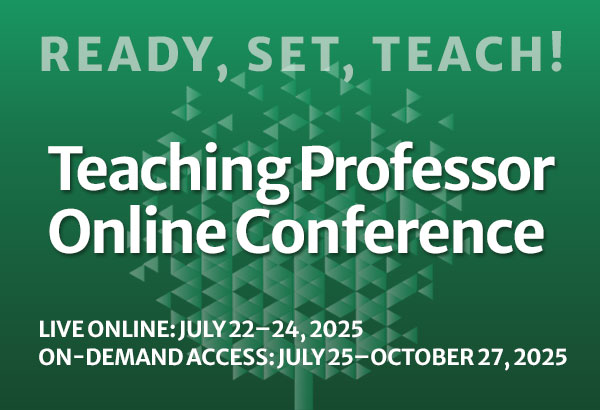
Building Relationships to Better Motivate Students
You know the feeling. We all deal with it.
Walking into a classroom the first day of a new semester, you’re thinking about it all: What are going to be the first words out of my mouth? What are these students thinking about right now?












